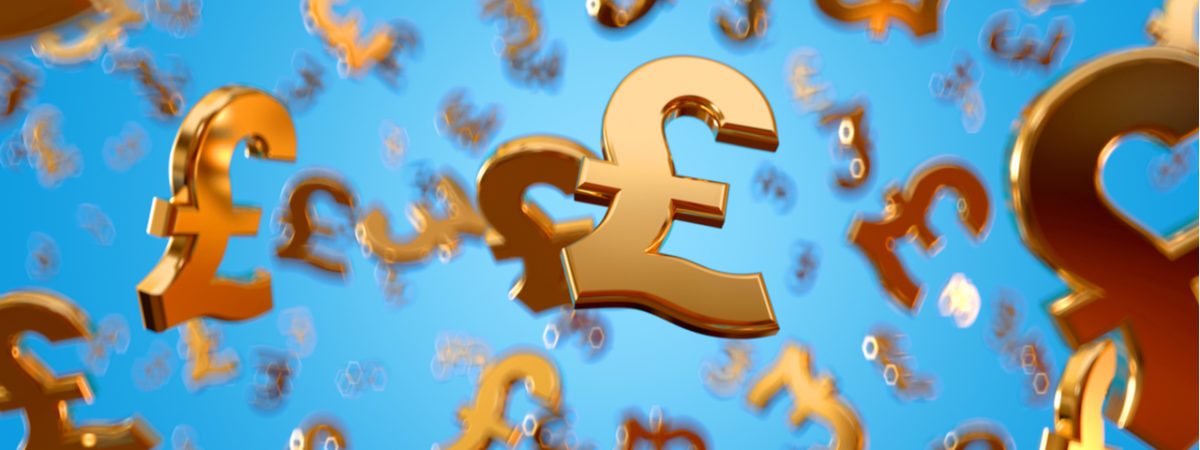Global economic freedom may well have passed its zenith
SUGGESTED



Despite the positive news, two concerning developments look likely to derail this progress. Namely, the policy response to COVID-19 that has put more and more of the global economy into the hands of the government, and the recent events that have seen Hong Kong put thoroughly under the thumb of the freedom-hating Chinese Communist Party (CCP).
By the time the 2020 data becomes available for the 2022 report, Hong Kong (which has been the world’s freest economy every year since 1970 bar one), will have almost certainly fallen in the rankings. Similarly, given nearly every government’s response COVID-19, economic freedom will likely have declined worldwide.
To rank a nation’s economic freedom level, the EFW report analyses 42 indices across five major areas (size of government, legal system and property rights, sound money, freedom to trade internationally, and regulation). To analyse the correlation between economic freedom and global wellbeing, the 162 measured economies are split into quartiles (i.e., each quartile represents a quarter of the economies) based on their freedom level.
The results are staggering.
When compared to the least free quartile, incomes in the freest quartile of nations are 7.6 times higher, extreme poverty (an income of less than $1.90 per day) is 18.5 times lower, and the bottom 10 percent of income earners make 7.8 times more in the freest nations than the poorest 10 percent in the least free quartile.
But the benefits of economic freedom stretch far beyond money. In the freest economies, average life expectancies are almost 15 years longer, and levels of both infant mortality and gender inequality are considerably lower than those in the world’s most restrictive systems.
In short, people make better economic and personal decisions for themselves than crony elites or overly-powerful government. Countries with free markets help produce good lives for their citizens, even if they started off dirt poor like in Taiwan or South Korea. Meanwhile, formerly rich countries such as Argentina and Venezuela degraded freedom, and their people have suffered.
Now consider Hong Kong. Thanks to largely laissez-faire economic policies, it rose from poverty and the devastation of the Second World War and thrived, even while its giant neighbour China lurched into chaos and murderous tyranny. Hong Kong absorbed thousands of refugees from China, Vietnam, and other Asian countries, and it became one of history’s greatest cities—prosperous, open, and free.
But the CCP wants to destroy the rule of law, the cornerstone of economic freedom, in Hong Kong. Economic freedom is not possible unless the rule of law protects the liberty and property of all equally. That is not the intention of the CCP and its crony elites.
The COVID crisis represents another major threat to economic freedom. Governments everywhere are blasting out spending, reducing the space for free exchange, and supplanting individual liberty and individual responsibility. Many economists believe that an explosion of spending may have been necessary, but this has become a nuclear spending explosion.
The United Kingdom’s debt is now over 100% of GDP – the highest it’s been since 1961 – back when Kennedy first became president, and the building of the Berlin wall began. Although, we are far from alone in this spending spree.
In the United States, debt will likely reach 100 per cent of GDP next year– the highest it’s been since the end of the Second World War. Similarly, Japan’s debt is well over 240% of GDP, and within a few months, it’s expected that Italy and France’s debt will rise to 158% and 115% of GDP, respectively.
So how can we get back to something resembling normalcy? As people become used to various subsidy schemes, governments may find it politically difficult to reduce spending back down to where it was. As a result, some governments may try to maintain spending at a new high level by increasing taxes – as recently suggested by Chancellor Rishi Sunak.
But that becomes a mug’s game, as high taxes reduce economic freedom and stunt economic growth. Beyond a certain level (which we may not be that far away from), they even fail to raise more tax revenues, leading to a vicious cycle of ever-increasing taxes that never catch up to revenue needs.
The events in Hong Kong, coupled with the increasing level of state involvement in economies worldwide, are set to derail much of the progress humanity has made in boosting economic freedom. If we are unable to get back on track by reducing the state’s involvement in the economy, it is likely we have reached the crest of economic freedom, and many of the benefits it brings, for some time to come.
Alexander C. R. Hammond is a Policy Advisor at the Institute of Economic Affairs and a Senior Fellow at African Liberty. Fred McMahon is Dr. Michael A. Walker Chair of Economic Freedom Research at the Fraser Institute.



